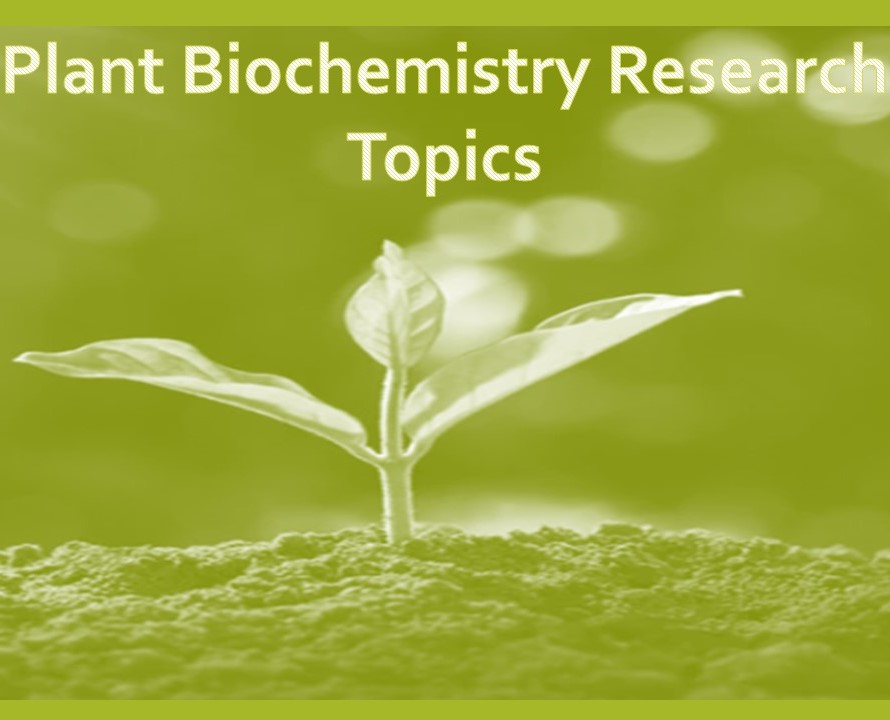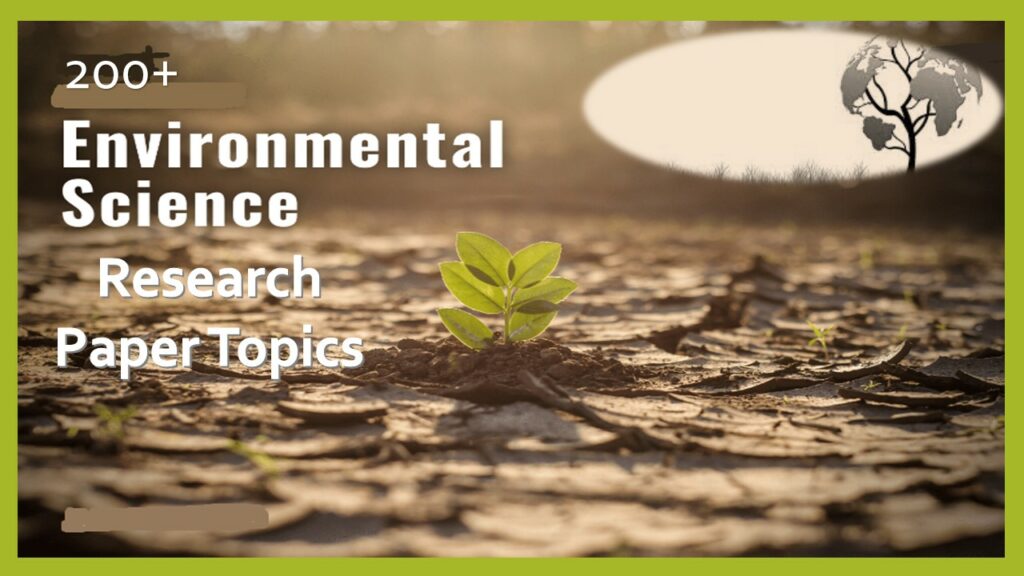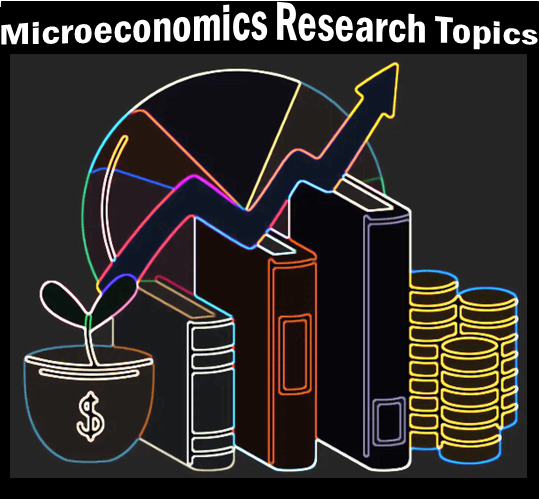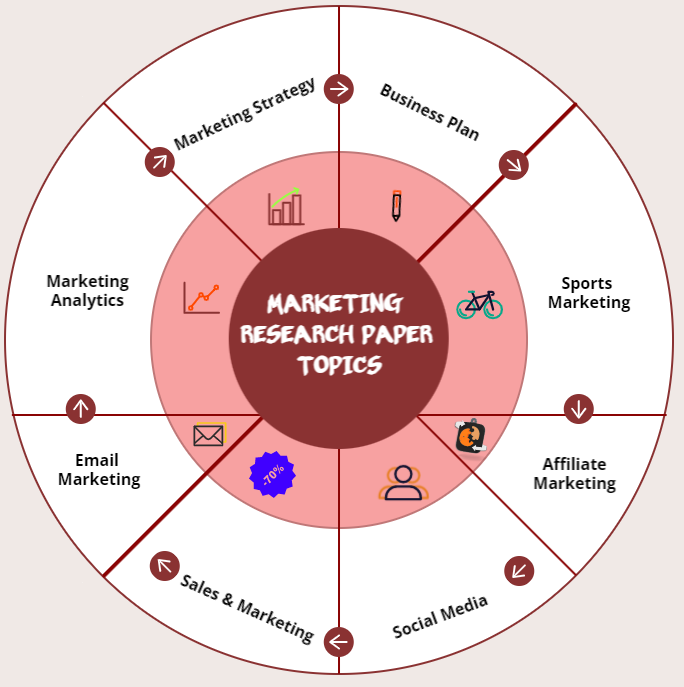Research Topics Comprising Poultry Development
- Biochemical profiling to check the nutritional effects of farm-based feed on poultry health.
- In-depth analysis to investigate the muscular growth of poultry linked with their nutritional changes.
- Genetic based study to reveal the effects of a lipid-rich diet on the digestive system of broiler chickens.
- Investigating the effects of heat stress on poultry development and performance along with their stress-tolerating traits.
- The molecular impacts of different commercially available dietary products on the health of poultry.
- Multiple strategies for the sustainable poultry production along with multiple challenges linked with it.
- Effects of metabolic disorders on the production and development of poultry.
- Use of corticosterone to enhance poultry growth and development along with their health implications.
- Molecular insights to unleash the impacts of steroid-rich feed on the development of insulin resistance in the broilers.
- Effects of fat-enriched nutrition on the abdominal fat deposition in poultry.
- Genetic analysis to reveal the significant upregulation of lipoproteins metabolism and its linked mechanisms of fat deposition in poultry.
- A significant role of zinc enriched diet in poultry and its effects on poultry development and health.
- Role of omega 3 fatty acid and its linked genetic aspects to improve immune response against chronic diseases.
- Molecular insights to check the fat deposition in the poultry fed on the commercially available saturated and unsaturated fatty diets.
- Effects of nutrition on broiler growth along with the associated carcass traits exhibiting sexual maturation.
- Significant impacts of photoperiod on the carcass characteristics linked with sexual maturation in the female broiler chicken.
- Significant effects of protein enriched diet on the ovarian reproductive system and cycle.
- Genetic insights into the altered hormone functioning due to the multifactorial genetic polymorphism.
- Molecular analysis to investigate the effects of sex steroids on carcass traits and their related health complications on the poultry.
- Investigating multiple factors and their implications on the development of leg disorders in poultry.
- Evaluating the effects of bacteriophages as a therapeutic agent against colibacillosis in poultry.
- Molecular and biochemical profiling of the E. coli isolated from the poultry flocks with colibacillosis.
- Investigating the presence of virulence genes in the avian E.coli isolated from the broiler chicken.
- Use of probiotics in poultry nutrition as an essential agent to limit epidemiology of fowl cholera.
- Use of sulfamethazine and its efficient ability to mitigate the prevalence of fowl cholera in poultry.
- Comparing the efficacy of vaccination protocols of poultry against the prevalence of fowl cholera.
- Molecular characterization of metabolites isolated from domestic poultry and its biochemical analysis.
- Assessing the antibacterial properties of commercially available toldin CRD in the poultry affected with the bacterial infection.
- Molecular investigation to unveil the prevalence of mycotoxins and their related metabolic disorders in poultry.
- Early detection and diagnosis of aflatoxin-related diseases in poultry along with the treatment protocols.
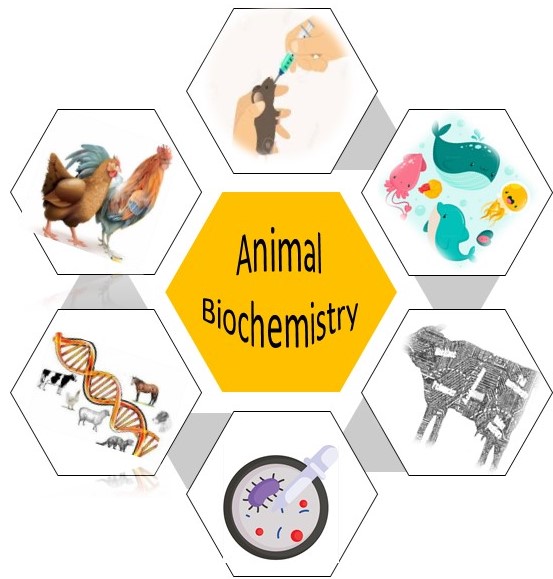
Research Topics Comprising Mice as Test Organisms
- Use of transgenic mice to investigate the significant effects of human-derived immunoglobulins.
- Investigating the significant inhibition of metastasis mediated with the CTLA 4 associated pathways in the mice as a test model.
- Use of pneumococcal polysaccharides and proteins in mitigating pneumonia infection in test mice.
- Efficacy of enzyme-linked immunosorbent assay to evaluate the effects of pneumococcal proteins in the mice as a test model.
- The significant ability of Lactobacillus sp. to downregulate the streptococcus-induced pneumonia in the test mice.
- Detecting the significant ability of Corynebacterium in improving the immunity in infant mice against respiratory viruses.
- Orally given probiotics induce upregulation of protective immunoglobulins in the mice against the viral infection.
- Development of transgenic mice with the tissue-specific DNA recombinant technique.
- Molecular insights depicting alterations in the production of erythrocytes in rats.
- The onset of adenocarcinoma in the mammary glands and its associated factors in transgenic mice.
- Upregulation of prostate cancer in the rats linked with the gene ablation and enhanced activity of glycoproteins.
- Downregulation of the androgens and its associated effects on the onset of cancer in the mice.
- Altered activity of fibroblast during breast cancer in the rat as a test model.
- The transgenic mouse offers an efficient test model to investigate the early detection and treatment of prostate cancer.
- Role of pten gene in inducing metastatic cancer and its progression in the rat.
- Deficiency or impaired activity of choline esterase and its association with the onset of hepatocarcinogenesis in mice.
- Impaired activity of nitric oxide synthase in the rat and its linkages with tumor production.
- Role of endotoxins in the generation of hepatocarcinoma in rodents and underlying mechanisms.
- Investigating the upregulation of protooncogenes in the prevalence of cancer in the mice as a study model.
- Investigating the estrogen ablation linked with programmed cell death and its effects on the cancer onset in rodents.
- Impaired expression of growth hormone leads to the chances of dwarfism in the mice.
- Downregulation of genes responsible for folate transportation in rodents and its associated risks of carcinoma.
- Molecular analysis to investigate the effects of the influenza virus in the mice as a model organism.
- In-depth molecular analysis to study the effects of neuronal ceroid lipofuscinosis in rodents.
- Genetic insights into the rodent genome to better understand and use them as a model organism.
- Upregulation of JAK-STAT pathways and its role in the initiation of pancreatic cancer in the mice as a test model.
- Impaired regulation of JNK1 signaling cascades and its role in the onset of hepatocarcinoma in the rats.
- Molecular insights to unveil the association between NF KB signaling cascades and the development of cancer in the rats
- Role of upregulated YB1 in the development and progression of tumor cells in the mice as test organisms.
- Downregulation of HER2 oncogenes and its linkage with the onset of breast cancer in the mice as a model organism.
Research Topics Comprising Aquatic Animals
- Biochemical analysis of chaperons and their genetic insights in the aquatic animals.
- Genetic variations comprising the alterations in the marine life physiology and morphology in response to the stress.
- Effects of heavy metal contamination on the morphology of marine life.
- Elevated phosphorus induces oxidative damage in the tissues of aquatic animals.
- Biochemical analysis to check the response of aquatic species against oxidative stress.
- Biochemical insights and lipid profiling to check the morphological aspects of fishes.
- Increased metal uptake and accumulation in aquatic bodies linked with the enhanced industrial discharge.
- Investigating the effects of elevated nitrite levels in dysregulating the normal functioning of marine bodies.
- Molecular insights to investigate the lethal effects of cyanotoxins on aquatic life.
- Biochemical profiling to investigate the effects of endocrine disruptors in freshwater fishes.
- Assessing and evaluating the protein metabolites in marine animals.
- In-depth molecular analysis to unveil the hydrocarbon metabolism of aquatic animals in marine water.
- Role of symbiotic marine animals and their effects on the sustainable development of marine ecosystems.
- Morphology and physiology of carotenoids released from the aquatic animals under the effects of different light intensities.
- Alteration in the gut microbiota of aquatic animals under the effects of different diet intake patterns.
- Molecular insights into the altered metabolism in aquatic animals linked with the difference in the carbon dioxide concentration of water.
- Detrimental effects of the release of industrial effluents on the body of aquatic species as well as on the whole aquatic ecosystem.
- The uptake and bioaccumulation of polychlorinated biphenyls on the body of aquatic animals.
- Role of carbon dioxide concentration and temperature on the metabolic activity of the aquatic animals.
- Genetic analysis to investigate the gene behind the resistance against increased sulphur levels in the aquatic animals residing in the sulphur-contaminated water.
- Physiological and morphological alterations in the fishes linked with the elevated nitrite levels in the aquatic water.
- Symbiotic relationship among the aquatic animals associated with their chemosynthetic mechanisms.
- Molecular analysis to investigate the glycerol metabolism in aquatic bodies and the role of its associated proteins.
- Change in the habitat adaptation of marine bodies, linked with the altered climate patterns.
- Effects of heavy metals on the reproductive systems and cycle of the aquatic bodies.
- Characterization of bioactive metabolites isolated from the aquatic animals residing in the salt-enriched water.
- Change in the receptor morphology of fish in response to enhanced chemicals present in the freshwater system.
- Genetic analysis to investigate the evolutionary patterns of salmon in marine water.
- Delay in the egg-hatching period of fishes linked with the altered temperature patterns in the marine water.
- Impacts of different intensities of noise on the egg hatching and the larval development of fishes.
Research Topics Comprising Animal Breeding Techniques
- Molecular insights to investigate the efficacy of biomimetic protocols for ensuring a better quality of sperm in animal breeding.
- Genetic analysis and the statistical approaches to investigate the role of genes linked with animal breeding.
- Production of genetically modified pigs and their health-related problems.
- In detail examination of the ethical concerns and challenges associated with the generation of genetically modified animals.
- Use of ZPLAN+, a new tool to optimize efficient strategies in the field of animal breeding.
- Use of DNA biomarkers to assist in animal breeding and their associated challenges.
- Efficacy of biomimetic techniques to preserve endangered animal species.
- The synergy of biomimetic approaches and the phase separation protocols for efficient animal breeding.
- Use of biomimetic technique for ensuring better resilience in genetically engineered beef cattle.
- Questionnaire-based population survey to assess the awareness of animal breeding techniques in the Asian population.
- Evaluating the genetic variance and their role in the animal breeding technique using SNPs.
- Use of single nucleotide polymorphism for better prediction of the genome; a sustainable improvement in animal breeding.
- Use of statistical measures to better predict the genome-wide selection in animal breeding.
- Use of molecular markers and efficient applications in the breeding of cattle with desirable traits.
- Single nucleotide polymorphism; an efficient tool to estimate gene selection for the production of genetically modified organisms.
- Designing a genetic map for the salmon based on the single nucleotide polymorphism.
- Use of polymorphism along with microsatellite technologies in the field of animal breeding.
- Estimation of total milk production by dairy animals using single nucleotide polymorphism.
- Efficacy of different methods for better genome selection and their limitations in animal breeding.
- Use of single nucleotide polymorphisms for accurate construction of genetic maps and defining animal haplotypes.
- In-depth analysis of maternal effects comprising the significant role in sheep breeding.
- Evaluation of genetic constructs for the prediction of early growth features in the cattle.
- Cross talk to assess the efficacy of different methods for genetic analysis regarding growth traits in the sheep.
- Use of mice embryos to better investigate endothelial cell development through multiple signaling cascades.
- Genetic and molecular insights into the milk production in dairy animals.
- The direct linkage between the total milk production and temperature in dairy cows.
- The effects of protein and dietary fiber-rich diet on the production of milk in dairy cows.
- Evaluating the poly unsaturation in the milk produced by dairy cows and its associated factors.
- Evaluating the risk of health disorders in dairy cows based on the genetic parameters.
- Effect of heat stress on the lactation of dairy cows based on the molecular biomarkers.
Research Topics Comprising Livestock Production and Development
- Biochemical analysis of elevated sterols levels in the livestock.
- The significant role of sustainable production and development of livestock in the country.
- Use of molecular and genetic protocols for the sustainable production of livestock.
- Development of novel animal health management strategies for effective livestock production.
- Investigation of the fatty liver syndrome in livestock and prediction of the factors associated with it.
- Genetic analysis for the genotype construction based on the multiple interactions between the environment, an approach for livestock breeding.
- Interactions between crop and livestock farming influenced by the altered climatic conditions in Africa.
- Molecular insights into the elevated serum proteins in dairy cows and the prediction of associated factors behind it.
- Use of livestock waste for the production of biodiesel; an eco-friendly and cost-effective approach.
- Biochemical analysis of increased production of reactive oxygen species in the fatty liver of dairy cows.
- Investigating the impaired lipid metabolism in the mitochondria in dairy cows and the associated reasoning behind it.
- Biochemical analysis of the blood metabolites isolated from the dairy cows.
- Assessing the mineral deficiency in the body of grazing animals and its related health complications.
- Risks of infectious diseases in the livestock and their preventive measures.
- Estimation of direct linkage between the Coxiella burnetii infection in the cattle and its association with reproductive impairment.
- Genetic analysis for the investigation of insufficient reproductive functioning in grazing livestock.
- Genomics and metabolomics analysis to investigate the reproductive diseases in the Holstein cattle.
- Proteomic and metabolomic analysis to assess the metabolite content in the milk of Holstein cows.
- In-depth analysis of the factors associated with the survival rate of animals in livestock farming.
- Prevalence of zoonotic infections in the livestock and the assessment of the multiple reasons behind them.
- The role of genetic diversity in the prevalence of infectious disorders in dairy animals.
- Prevalence of bovine tuberculosis in livestock animals and its preventive measures.
- Assessing the relationship between animal husbandry techniques and the prevalence of infectious disorders in livestock animals.
- Genetic analysis for the detection of resistance against infectious diseases in livestock animals.
- Prevalence of gastrointestinal infection in the sheep and the assessment of risks associated with it.
- Molecular insights to unveil the resistive mechanisms against parasitic infections in livestock.
- Role of interleukin 10 in response to gastrointestinal infections in the cattle.
- Role of hormones and their signaling cascades in response to gastrointestinal infections in livestock.
- Molecular analysis to unleash the role of thyrotropin in response to the inflammatory bowel disorder in animals.
- Impaired functioning of secretin and its association with metabolic disorders in the animals.


